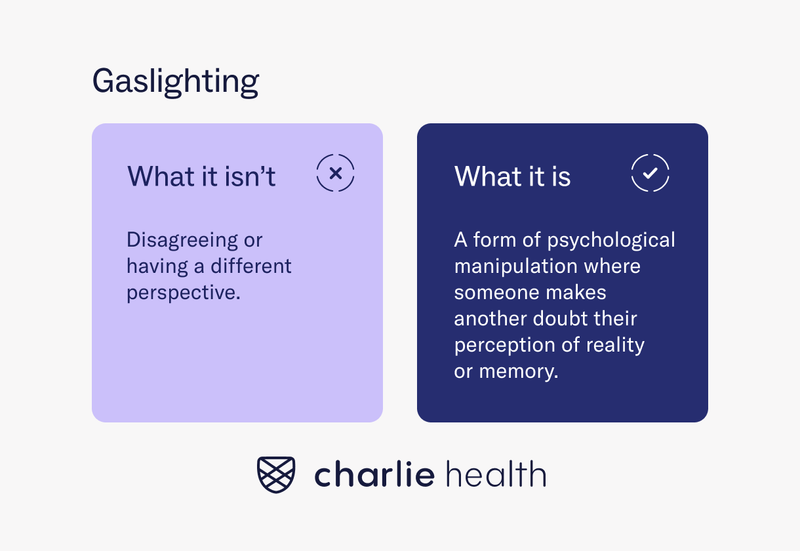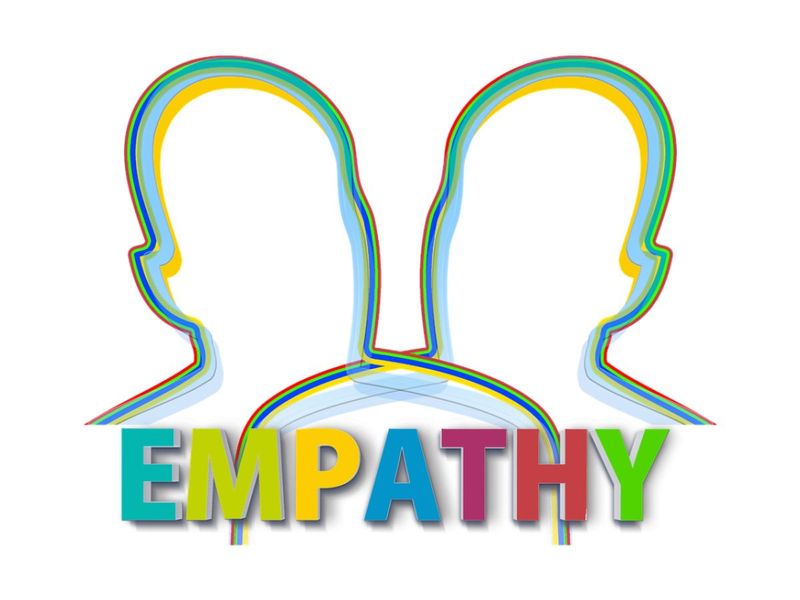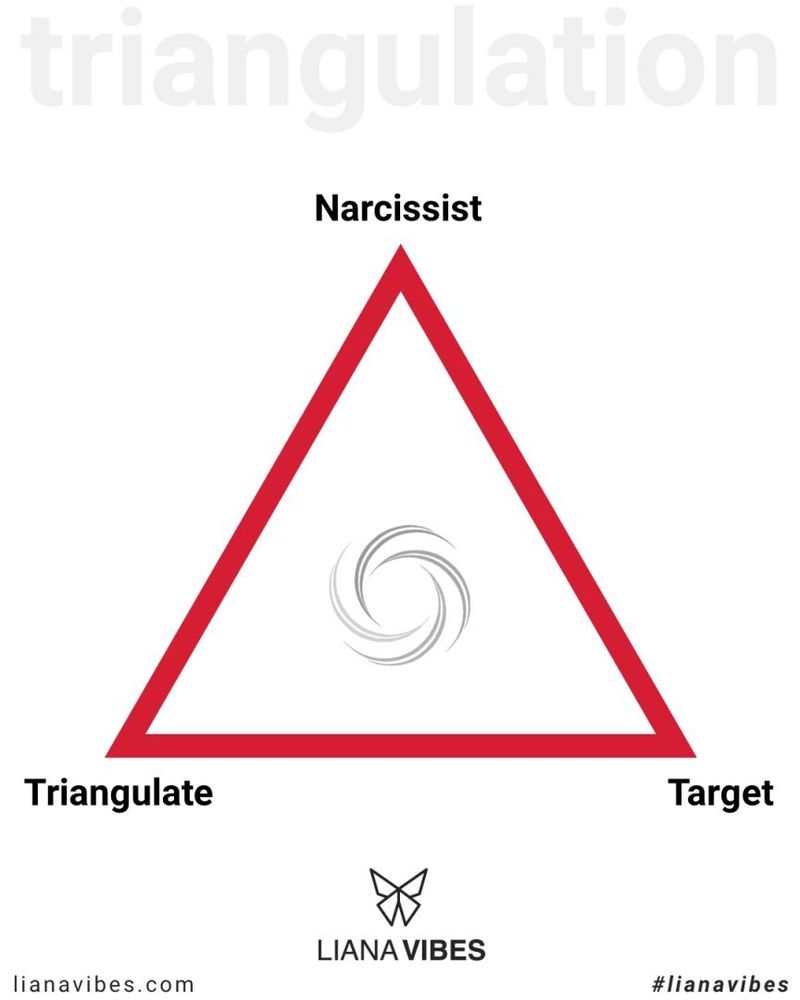In romantic relationships, recognizing the signs of narcissistic behavior can be challenging yet crucial. This guide aims to shed light on key indicators that your partner might exhibit narcissistic tendencies, helping you to identify and understand these patterns.
1. They constantly need admiration
Imagine a stage actor who lives for applause. A narcissistic partner often craves admiration in every aspect of life. They yearn for constant validation and praise from those around them. Whether it’s their appearance or achievements, your compliments are the fuel they run on.
When the spotlight dims, their mood may shift. Their self-esteem seems superficially inflated, yet it is fragile and dependent on external affirmation. The need for admiration is a tell-tale sign, cloaked in charm.
Although they may shower you with attention initially, it often serves to elicit the same in return. This dynamic can leave you feeling emotionally exhausted, always trying to meet their insatiable need for attention.
2. Your feelings are always dismissed
“Why are you so sensitive?” becomes a familiar refrain. Narcissistic partners have a tendency to invalidate your emotions. They often turn the tables, making themselves the victim of circumstances.
This dismissal can range from subtle minimization to outright neglect of your feelings. Anything that doesn’t align with their perspective or needs is often trivialized.
In such a relationship, expressing your feelings can feel pointless. Over time, this pattern can lead to self-doubt and diminished self-worth, as if your emotional experiences are unimportant.
3. They take credit but never blame
Like a spotlight that never dims, narcissists bask in successes but shun responsibility for failures. They are quick to claim credit for achievements, whether or not they were solely responsible.
Blame, however, is a different story. When things go awry, fingers point elsewhere—often towards you. This behavior not only deflects responsibility but also creates a narrative where they are always the hero, never the culprit.
This habit can leave you carrying the weight of their mistakes, creating an unbalanced relationship dynamic. Over time, it erodes trust and mutual respect.
4. Boundaries are seen as challenges
Setting boundaries is like drawing lines in the sand, expecting them to be respected. For a narcissist, these lines are mere suggestions. They often see boundaries as challenges to overcome rather than limits to respect.
Their disregard can manifest as persistent intrusions into your personal space or decisions. This disrespect signifies their need for control and dominance.
Boundaries serve as a form of self-protection, yet in a relationship with a narcissist, they are frequently tested and ignored. Such behavior can make you feel exposed and violated.
5. They charm everyone but you
The charm of a narcissist can be magnetic. They often project a charismatic persona to the outside world while reserving a different face for those closest to them.
In social settings, they may appear attentive and engaging, leaving you to wonder why this charm isn’t directed towards you. This disparity can be isolating.
Such behavior highlights their need to maintain a favorable public image while neglecting the intimacy and authenticity of the relationship. This two-faced nature can lead to feelings of loneliness and betrayal.
6. Apologies feel hollow—or never come
“I’m sorry you feel that way,” is a non-apology often offered by narcissists. Genuine apologies are rare because they struggle to acknowledge wrongdoing.
An apology, if it comes, may feel insincere or manipulative, meant to pacify rather than resolve. This lack of accountability reflects their belief in their inherent rightness.
The absence of meaningful apologies can leave you feeling undervalued and unheard. It disrupts the healing process after conflicts, often leaving issues unresolved.
7. Conversations revolve around them
Imagine a dinner where the same person speaks, and everyone else listens. Conversations with a narcissist often center around them. They may exhibit little genuine interest in others’ perspectives or feelings.
Even attempts to share your experiences can be redirected back to them. This monopolizing of discussions underscores their self-centeredness.
It leaves little room for mutual exchange, stifling genuine connection and understanding. Over time, you may feel like a mere audience to their ongoing self-narrative.
8. They gaslight you into doubting yourself
Gaslighting is a psychological tactic narcissists use to make you question reality. They may deny facts or twist narratives to suit their purpose.
Over time, this manipulation can erode your confidence and sense of self. You begin to doubt your perceptions and memories, feeling trapped in a fog of confusion.
This tactic reinforces their control, making you increasingly reliant on their version of truth. It’s a subtle but powerful form of emotional manipulation.
9. Their generosity comes with strings attached
The generosity of a narcissist often has ulterior motives. Gifts or favors may appear thoughtful but are usually transactional.
In return for their “generosity,” they expect loyalty, admiration, or other benefits. It’s a facade of kindness that demands repayment on their terms.
This conditional giving can leave you feeling trapped, as though you’re in their debt. Genuine generosity fosters trust and connection; theirs often undermines it.
10. You feel emotionally drained around them
Being with a narcissist can feel like an emotional rollercoaster. Their need for attention and validation is relentless, often leaving you feeling depleted.
Interactions may start positively but quickly turn draining as their demands overshadow the relationship. Their emotional hunger is insatiable, making it difficult to maintain a balanced dynamic.
It’s like pouring from an empty cup, exhausting your emotional reserves. This imbalance can lead to burnout and emotional fatigue.
11. They react poorly to criticism
Criticism is kryptonite to a narcissist. Even constructive feedback can trigger defensiveness or anger. They view any critique as a direct attack on their self-worth.
Their hypersensitivity to criticism further isolates them, as others may hesitate to offer honest feedback. This reaction can stifle growth and self-awareness.
A relationship where criticism isn’t tolerated restricts open communication. It creates an environment where honesty is sacrificed for the narcissist’s fragile ego.
12. Your successes trigger their resentment
Partners should celebrate each other’s successes, but with a narcissist, your triumphs may provoke jealousy or resentment.
They perceive your achievements as a threat to their superiority. Instead of sharing in your joy, they might undermine or dismiss it.
This response can create a toxic dynamic where you feel pressured to downplay your successes. It stifles mutual support and growth within the relationship.
13. They use guilt to get their way
Guilt is a potent tool for manipulation, and narcissists wield it expertly. They may twist situations to make you feel at fault for their discomfort or dissatisfaction.
This emotional coercion can trap you in a cycle of compliance, as you seek to alleviate your guilt. It’s a subtle dominance that prioritizes their needs over yours.
Such manipulative tactics erode your autonomy and self-esteem, making it challenging to assert your boundaries or needs.
14. You feel like you’re walking on eggshells
The unpredictability of a narcissist’s moods can create a tense atmosphere. You may find yourself constantly vigilant, trying to avoid triggering their anger or displeasure.
This hyper-awareness of their emotional state can make daily interactions a tightrope walk. Your own comfort and expression are often sacrificed to maintain peace.
Such an environment stifles genuine connection and spontaneity, leaving you anxious and constrained.
15. Empathy is absent in hard moments
In challenging times, empathy is crucial for support. Yet, a narcissist’s response often lacks genuine compassion.
Their focus remains on how situations affect them, ignoring your emotional needs. This absence of empathy reinforces their self-centered nature.
Without mutual empathy, the relationship can feel one-sided and isolating, especially during difficult moments where support is needed most.
16. They triangulate you with others
Triangulation is a tactic narcissists use to create competition and discord. By involving a third party, they manipulate dynamics to their advantage.
This strategy can instigate jealousy or rivalry, diverting attention from their behavior. It fosters a sense of instability and insecurity.
Triangulation undermines trust and solidarity, forcing you into a game where the narcissist always holds the upper hand.
17. You’re praised one day and torn down the next
The inconsistency of a narcissist’s behavior can be bewildering. One moment you’re their greatest ally; the next, you’re criticized and belittled.
This unpredictable shift keeps you off-balance, uncertain of where you stand. It’s a tactic that maintains control, keeping you seeking their approval.
Such volatility can erode your sense of stability and self-worth, leaving you emotionally fraught and vulnerable.


















